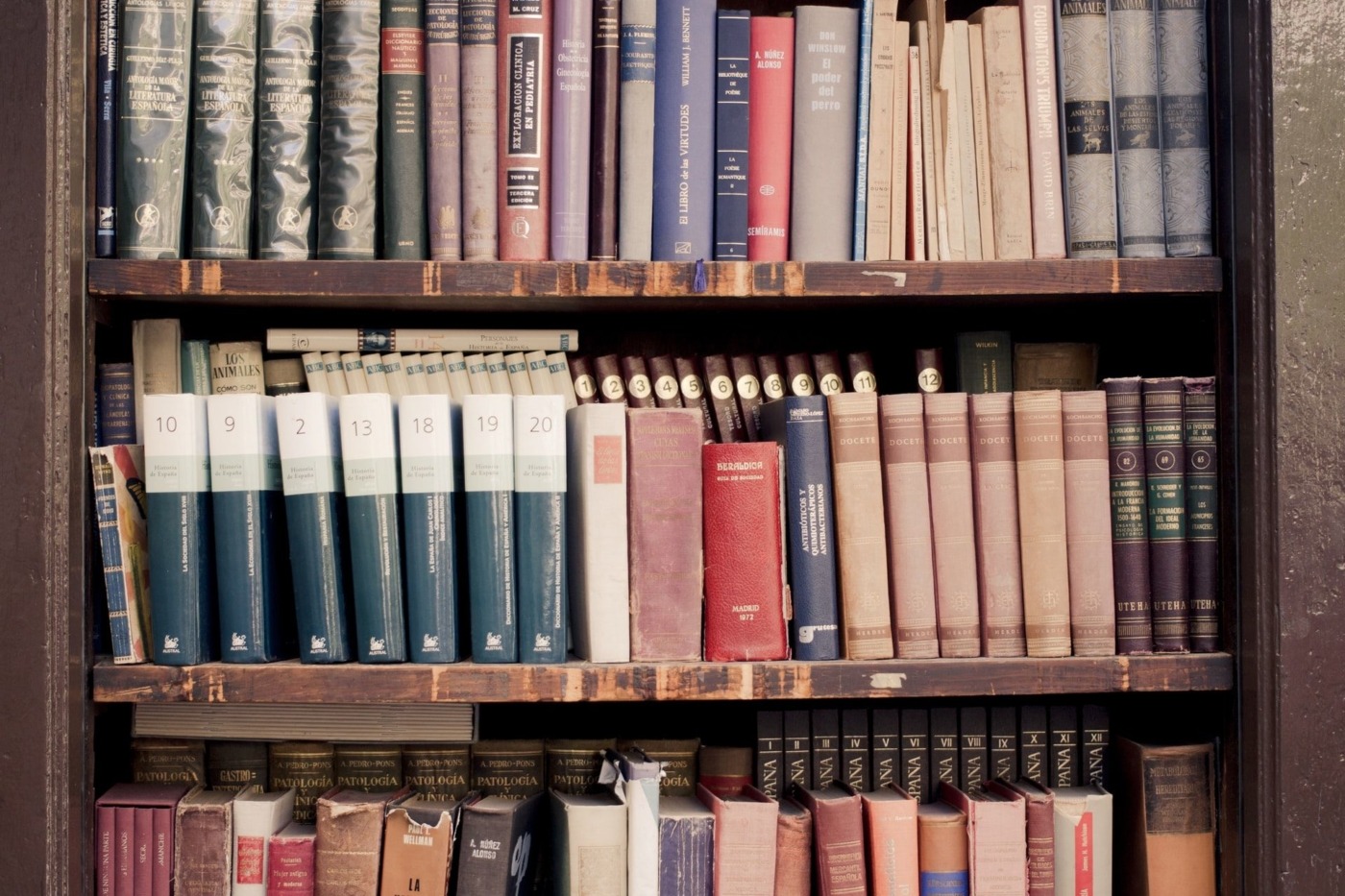My experience with the BBC’s 100 Books
During the lockdown, I’ve been looking to enrich myself. I’ve been catching up on films and TV shows I’ve never watched, and I’ve been looking to expand the pool of books I’ve read. The big question, of course, is exactly how to do this, and my answer has typically been to look at ‘100 _ to do before you die’ lists. It’s easy enough to watch a film, but this experience has forced me to question my relationship with books – what do I actually want out of reading?
In 2003, the BBC ran a project called the ‘Big Read’, which looked for the nation’s best-loved novel. After a public vote, the end result put Tolkien’s The Lord of the Rings books at number one. But, looking through the results, the BBC also put together a top 100 list of Britain’s favourite books (or thereabouts – I think co-opting all of the works of Shakespeare into a single entry is a bit of a cheat).
The list is an interesting selection, full of the classics and authors you’d expect to find. Six of the 100 are works by Charles Dickens, and we have a couple of entries by Leo Tolstoy, Jane Austen, John Steinbeck, Thomas Hardy, etc. There are a lot of children’s books, and an interesting group of modern entries, including Bridget Jones’s Diary. Some of the more surprising books on the list, such as The Time-Traveller’s Wife or The Da Vinci Code, were released the year the list was put together, suggesting their inclusion was down to their recency. I also was surprised by a number of omissions, with authors like Agatha Christie, Jacqueline Wilson, John Wyndham and Terry Pratchett all failing to crack the top 100.
Something being a classic is not, in itself, sufficient reason to engage with it. I hate the assumption that you should have read these books
As I wanted to expand my reading horizon, I thought the list would be a good place to start. I went through and found, to my disappointment, that I’d only read eight of the 100. I really expected to have done a lot better. But, with 92 options available, there was huge scope for me to catch up.
My first challenge was choosing what I actually wanted to catch up on – something being a classic is not, in itself, sufficient reason to engage with it. I hate the assumption that you should have read these books just because they have that label. It would be easy to knock some of the children’s books off the list, but what am I really going to get out of them at age 25? I certainly don’t have the time for something like War and Peace, nor the complete works of Shakespeare, and a lot of the things of the list simply don’t appeal to me. I don’t enjoy fantasy in the slightest, so it seems very unlikely I’ll ever sit through Tolkien, on a list or not.
My first intention when approaching this challenge was to read all 100 books, but that turned into an obligation – me reading all of these books just so I could say that I had. So instead, I took a different avenue: I used the list challenge as a means of visiting some of the classics that I actually wanted to. I assembled a reading list of just ten of the books. The list felt reasonable and so I would actually be engaged. I could still expand my pool of books, but not in a way that involved trying to cram classics into my brain. 1984 and Lord of the Flies were two books that I was always just getting around to – now, it’s actually time to read them.
What’s the point if I’m not enjoying the books I’m reading, and if I’m only looking to do it because they’re on someone else’s list?
When I was writing this piece, I learned that the BBC revisited the list last year. Its brief was updated to include the “100 novels that shaped our world” and, instead of asking the general public, the corporation recruited an expert panel of authors and critics. At the risk of generalising, it does read more like a list put together by experts – the titles are more obscure, organised by themes such as ‘Identity’ and ‘Politics, Power and Protest’. This one, though, will not be something I’ll be trying – the books on this list really don’t resonate.
I’d hoped to try a lot of new books and finally get through a load of the classics. But I soon realised, as this quest progressed, that this wasn’t what I actually wanted. I may have expanded my literary horizons somewhat, but what’s the point if I’m not enjoying the books I’m reading, and if I’m only looking to do it because they’re on someone else’s list? Take advantage of the lockdown to finally read those books you’ve always wanted to read, but do it because you want to read them, not because someone else says you should.

Comments